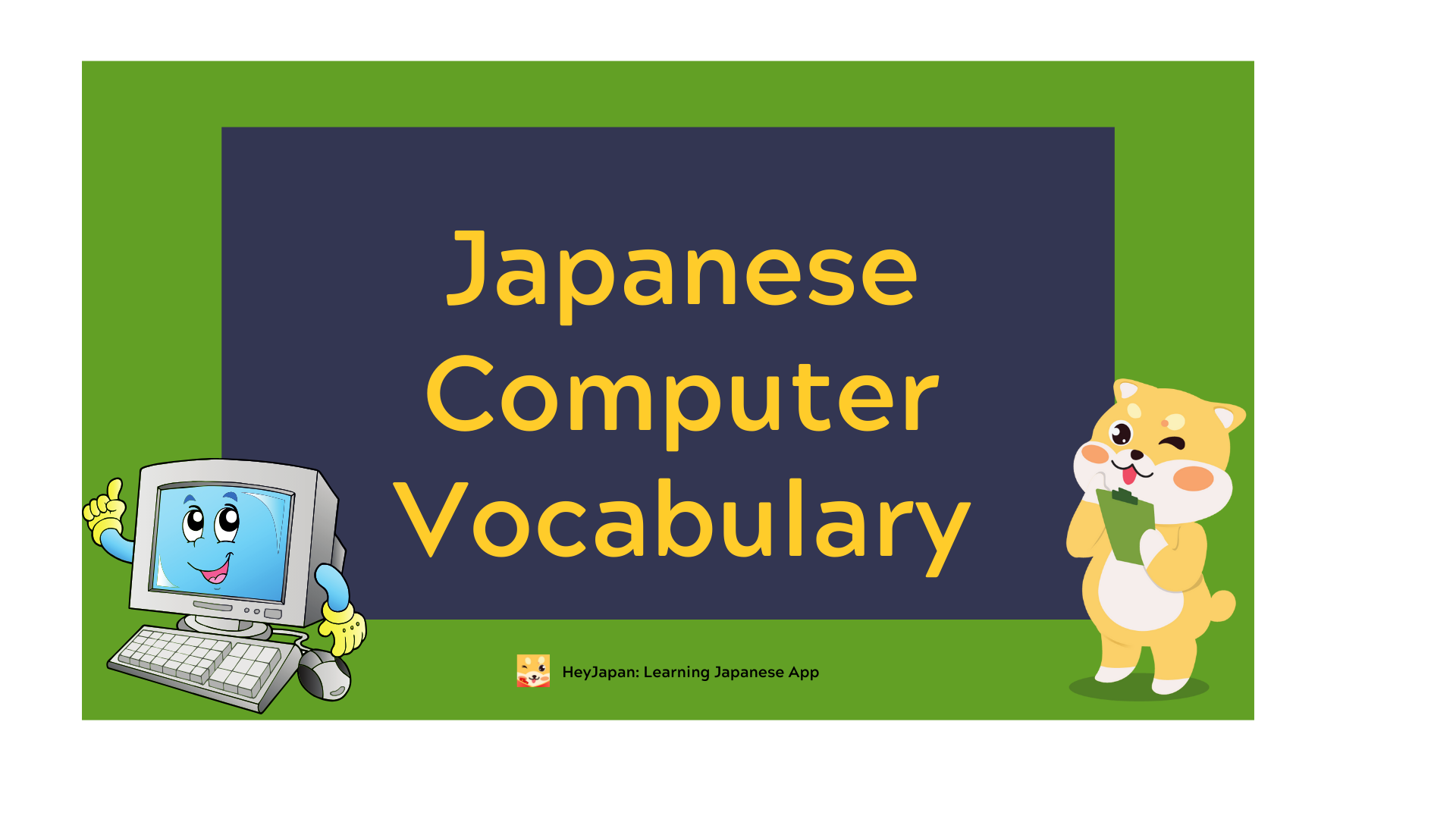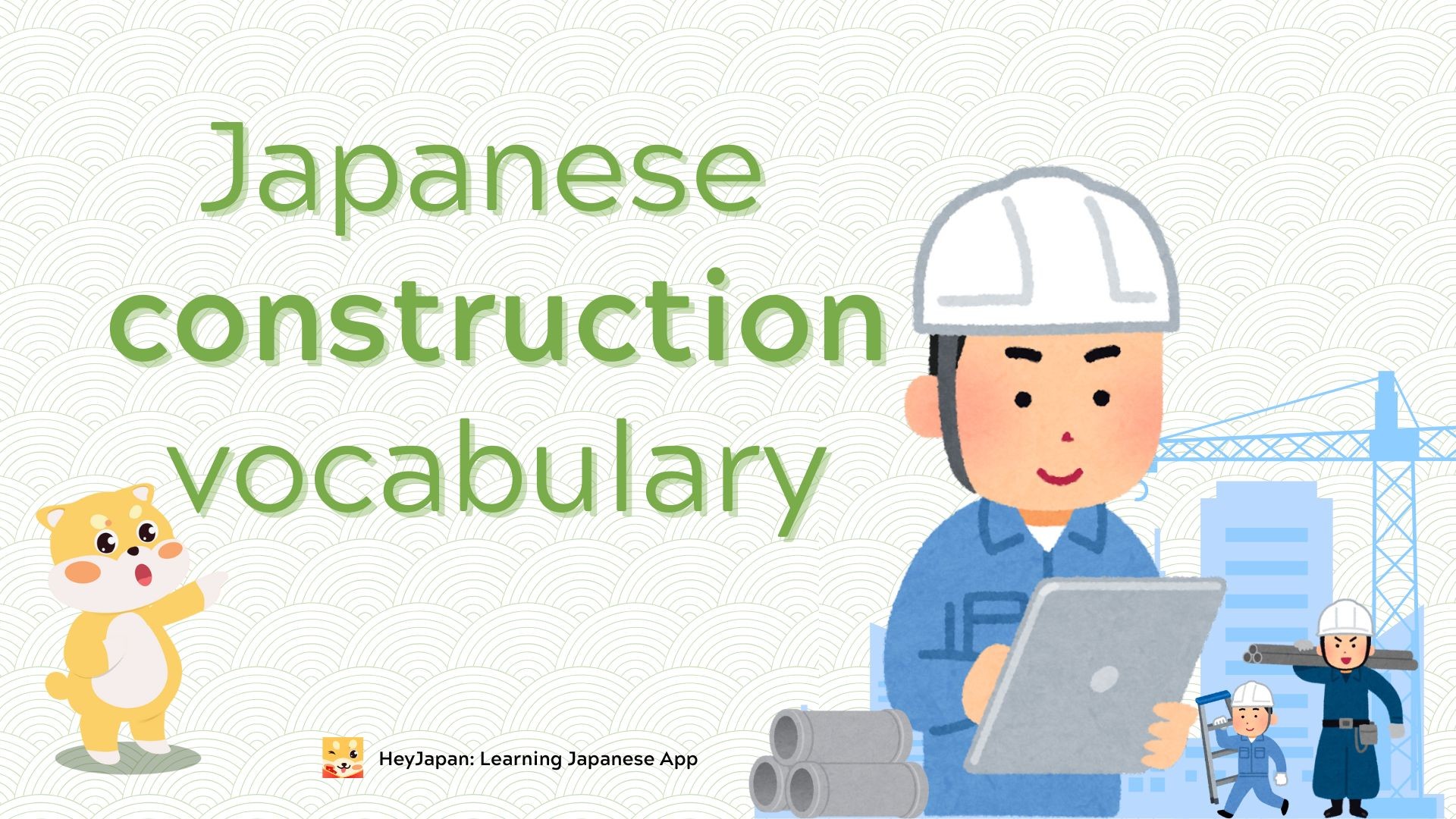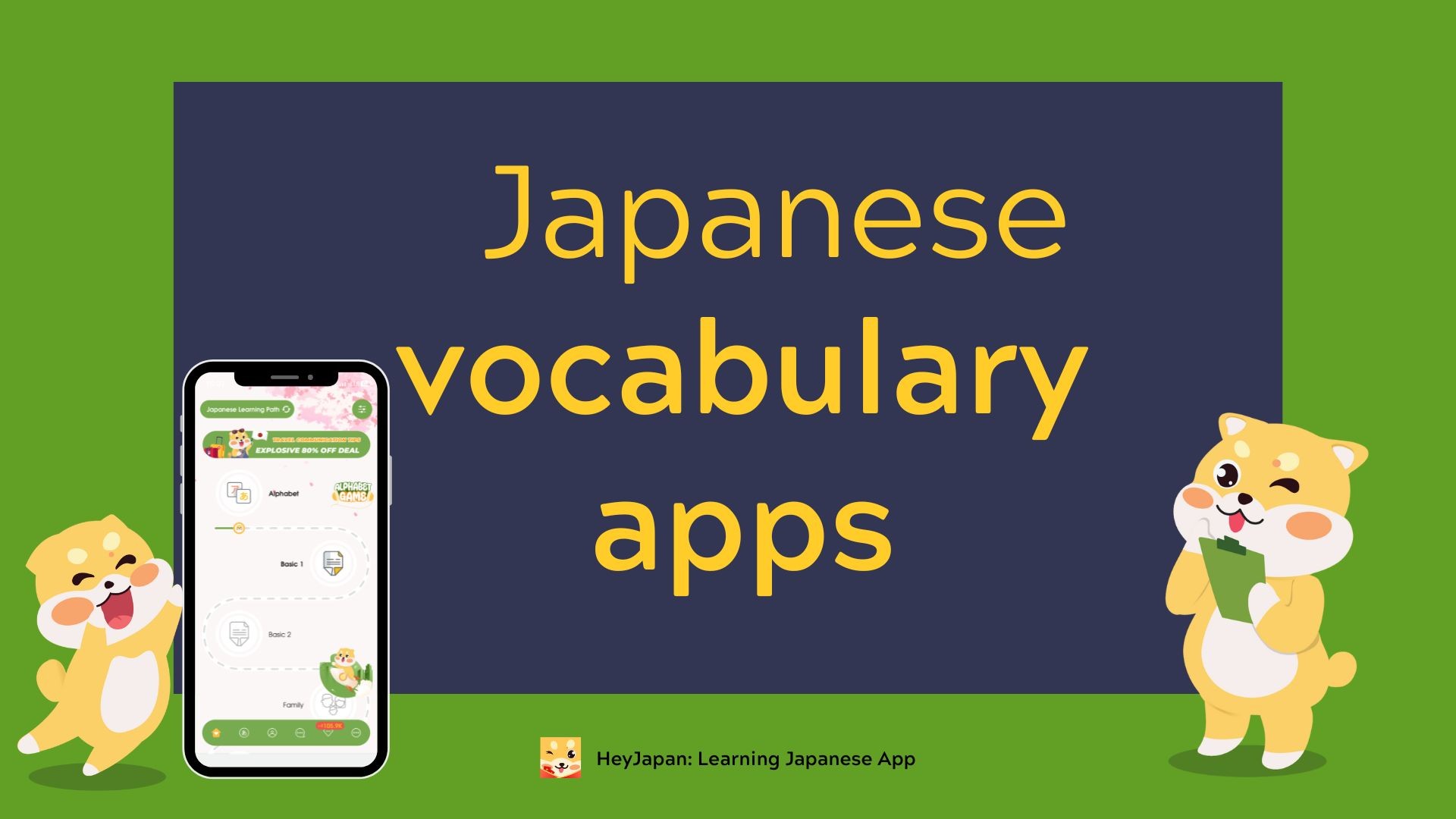- 1. What is JLPT N3?
- 2. Essential JLPT N3 Vocabulary
- 2.1. Verbs (動詞)
- 2.2. Nouns (名詞)
- 2.3. Adjectives (形容詞)
- 2.4. Adverbs (副詞)
- 2.5. Particles (助詞)
- 3. Comprehensive JLPT N3 Vocabulary List
- 4. Methods for Studying JLPT N3 Vocabulary Effectively
- 4.1. Learn Vocabulary by Themes
- 4.2. Use Flashcards
- 4.3. Practice with Example Sentences
- 4.4. Review Regularly
- 5. Recommended Resources for JLPT N3 Vocabulary
- 6. Practice Tests and Vocabulary Quizzes
The Japanese-Language Proficiency Test (JLPT) N3 is an essential milestone in your Japanese learning journey. Reaching this level means you’ve moved beyond the basics and are able to understand more complex Japanese used in everyday situations. One of the keys to success in the JLPT N3 exam is mastering the necessary vocabulary. This guide will walk you through the essential N3 vocabulary, categorized by type, with practical example sentences to help you learn more effectively.
1. What is JLPT N3?
The JLPT N3 tests your ability to understand Japanese used in a variety of everyday situations. At this level, you need to be familiar with around 1,500 words, which will appear in reading and listening comprehension sections. N3 is the bridge between basic and advanced proficiency in Japanese, so it's essential to build a solid vocabulary foundation.

2. Essential JLPT N3 Vocabulary
In order to help you study more efficiently, we’ve categorized the N3 vocabulary into key sections: Verbs, Nouns, Adjectives, Adverbs, and Particles. Each word comes with an example sentence to demonstrate how it is used in context.

2.1. Verbs (動詞)
- 始める (hajimeru) – to start
- Example: 新しい仕事を始めるのは少し怖いです。 (Starting a new job is a little scary.)
- 終わる (owaru) – to finish
- Example: 会議はもう終わりました。 (The meeting is already finished.)
- 受ける (ukeru) – to receive, to take (a test)
- Example: 明日、試験を受ける予定です。 (I’m scheduled to take the exam tomorrow.)
- 決める (kimeru) – to decide
- Example: どこに行くか決めましたか? (Have you decided where to go?)
- 思う (omou) – to think
- Example: 今日は雨が降ると思います。 (I think it will rain today.)
2.2. Nouns (名詞)
- 時間 (jikan) – time
- Example: 時間が足りません。 (I don’t have enough time.)
- 会話 (kaiwa) – conversation
- Example: 日本語で会話するのは楽しいです。 (Having a conversation in Japanese is fun.)
- 予定 (yotei) – plan
- Example: 今日の予定は何ですか? (What is your plan for today?)
- 問題 (mondai) – problem, question
- Example: この問題はちょっと難しいです。 (This problem is a bit difficult.)
- 場所 (basho) – place, location
- Example: 次の会議の場所はどこですか? (Where is the next meeting place?)
2.3. Adjectives (形容詞)
- 優しい (yasashii) – kind, gentle
- Example: 先生はとても優しいです。 (The teacher is very kind.)
- 遅い (osoi) – slow, late
- Example: 今日は電車が遅いです。 (The train is late today.)
- 早い (hayai) – fast, early
- Example: 早起きするのが得意です。 (I’m good at waking up early.)
- 大切な (taisetsu na) – important
- Example: この書類はとても大切です。 (This document is very important.)
- 簡単な (kantan na) – simple
- Example: この問題は簡単です。 (This problem is simple.)
2.4. Adverbs (副詞)
- すぐ (sugu) – immediately, right away
- Example: すぐに戻ります。 (I’ll be back right away.)
- たくさん (takusan) – many, a lot
- Example: 昨日、たくさん本を買いました。 (I bought a lot of books yesterday.)
- だんだん (dandan) – gradually
- Example: だんだん寒くなってきました。 (It’s gradually getting colder.)
- 少し (sukoshi) – a little
- Example: 少し休みましょう。 (Let’s take a little break.)
- きっと (kitto) – surely, certainly
- Example: きっと彼は来るでしょう。 (He will surely come.)
2.5. Particles (助詞)
- でも (demo) – but, however
- Example: 明日は忙しいけど、行きます。 (I’m busy tomorrow, but I will go.)
- または (mata wa) – or
- Example: コーヒーまたはお茶が欲しいです。 (I want coffee or tea.)
- と一緒に (to issho ni) – with, together with
- Example: 友達と一緒に映画を見に行きます。 (I’m going to watch a movie with my friend.)
- ために (tame ni) – for the sake of, in order to
- Example: 日本語を勉強するために、毎日練習しています。 (I practice every day in order to study Japanese.)
- だけでなく (dake denaku) – not only
- Example: 彼は日本語だけでなく、英語も話せます。 (He can speak not only Japanese but also English.)
3. Comprehensive JLPT N3 Vocabulary List
To make learning even easier, we’ve compiled all the essential JLPT N3 vocabulary in a simple and accessible table. This table serves as a quick reference for you to practice and review the words you've learned.
| Category | Word | Meaning |
|---|---|---|
| Verbs | 始める (hajimeru) | to start |
| 終わる (owaru) | to finish | |
| 受ける (ukeru) | to receive, to take (a test) | |
| 決める (kimeru) | to decide | |
| 思う (omou) | to think | |
| Nouns | 時間 (jikan) | time |
| 会話 (kaiwa) | conversation | |
| 予定 (yotei) | plan | |
| 問題 (mondai) | problem, question | |
| 場所 (basho) | place, location | |
| Adjectives | 優しい (yasashii) | kind, gentle |
| 遅い (osoi) | slow, late | |
| 早い (hayai) | fast, early | |
| 大切な (taisetsu na) | important | |
| 簡単な (kantan na) | simple | |
| Adverbs | すぐ (sugu) | immediately, right away |
| たくさん (takusan) | many, a lot | |
| だんだん (dandan) | gradually | |
| 少し (sukoshi) | a little | |
| きっと (kitto) | surely, certainly | |
| Particles | でも (demo) | but, however |
| または (mata wa) | or | |
| と一緒に (to issho ni) | with, together with | |
| ために (tame ni) | for the sake of, in order to | |
| だけでなく (dake denaku) | not only |
4. Methods for Studying JLPT N3 Vocabulary Effectively
4.1. Learn Vocabulary by Themes
One of the best ways to learn vocabulary is by grouping related words into themes such as work, travel, and daily life. This method helps you remember words and phrases more easily because they are contextualized.
4.2. Use Flashcards
Flashcards are a powerful tool for reinforcing memory. Apps like Anki, Memrise, and Quizlet can help you use spaced repetition techniques to learn new vocabulary efficiently.
4.3. Practice with Example Sentences
The best way to internalize vocabulary is by using it in real-life situations. Try creating your own sentences using the words you’re learning. This reinforces both your vocabulary and your grammar.
4.4. Review Regularly
Regular review is crucial for retaining new vocabulary. Incorporate daily practice into your study routine to keep words fresh in your mind.

5. Recommended Resources for JLPT N3 Vocabulary
- Books: "Nihongo So-Matome: JLPT N3 Vocabulary" and "Genki II" are excellent books for mastering N3-level vocabulary.
- Apps: Migii JLPT, Memrise, and LingoDeer offer structured learning pathways to help you practice vocabulary effectively.
- Websites: Migi JLPT and WaniKani are great online resources to help you review and practice JLPT N3 vocabulary.
6. Practice Tests and Vocabulary Quizzes
Taking regular practice tests is a great way to assess your progress. Websites like JLPT Sensei and WaniKani offer free practice quizzes to help you test your knowledge. Mastering JLPT N3 vocabulary is essential for achieving success in the exam. By studying vocabulary in an organized manner—grouped by verbs, nouns, adjectives, adverbs, and particles—you can make your learning more efficient and manageable. Use the methods and resources provided in this guide to reinforce your learning and make steady progress toward mastering the JLPT N3. With consistent practice and the right strategies, you’ll be well-prepared for the JLPT N3. Good luck!









